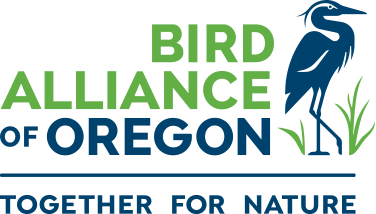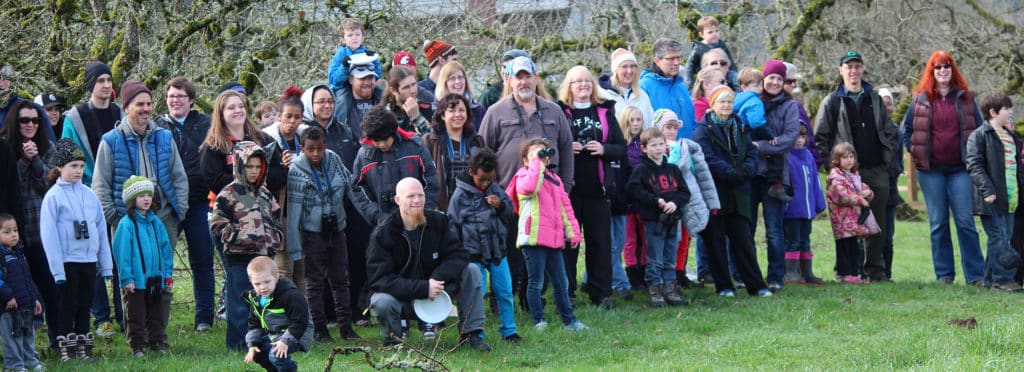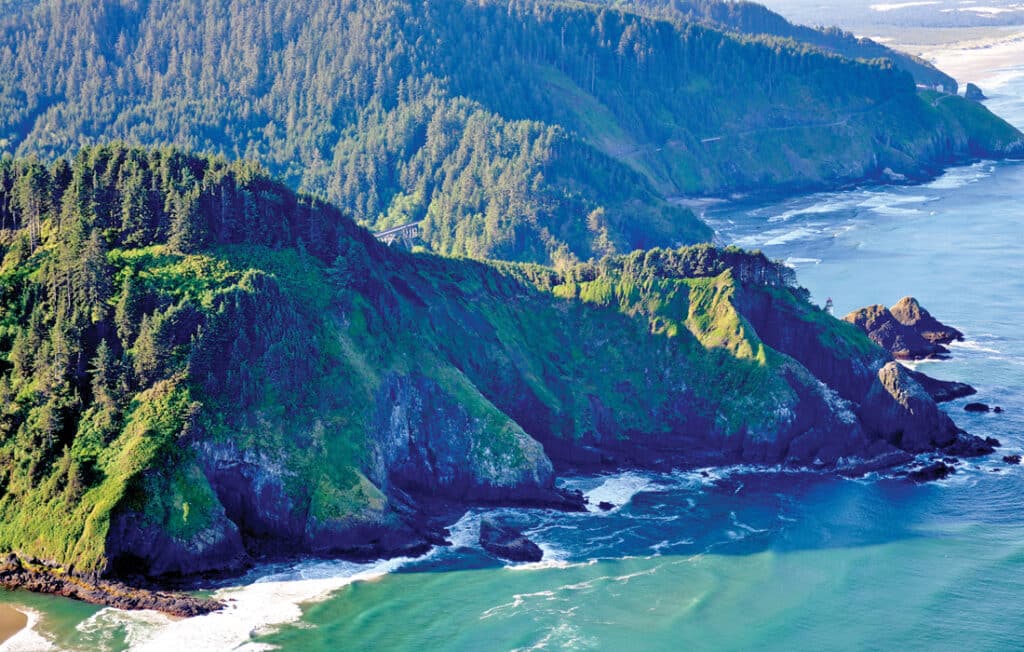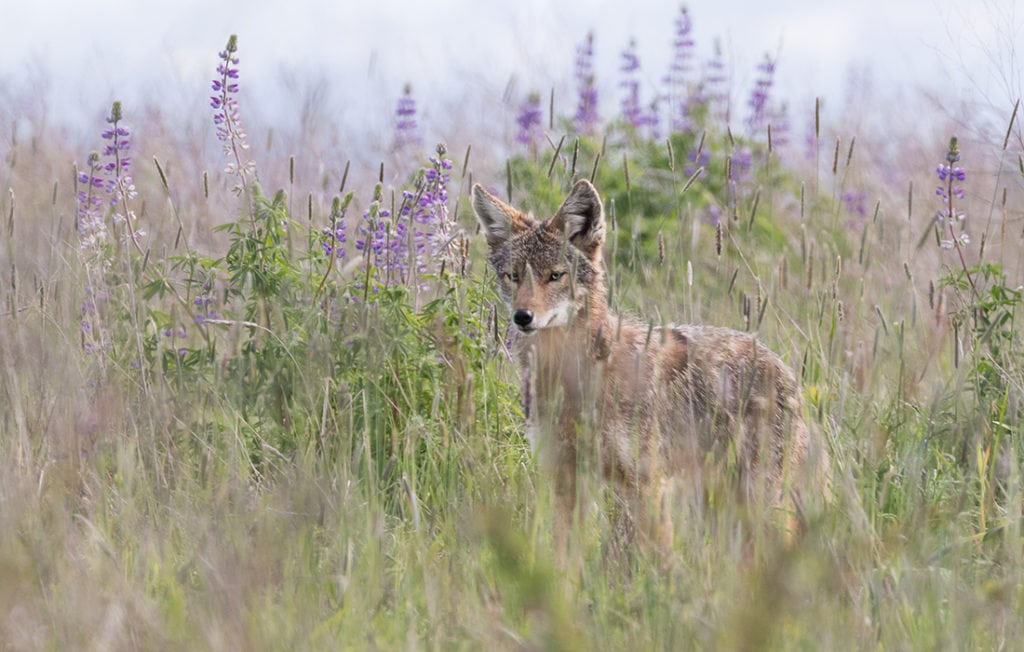
It’s not commonly known that John James Audubon had nothing to do with the founding of the first Audubon societies. In fact, he died decades before the Audubon network started to emerge. The name was chosen because of his stature and noted contributions to birds and our understanding of natural history, most famously through his book The Birds of America, a collection of 435 life-size bird prints.
Now the choice to bear his namesake is being reevaluated across the country, including by Portland Audubon. So far, multiple Audubon organizations have announced their decision to drop the name, including Seattle Audubon and D.C. based Audubon Naturalist Society. Neither has yet to announce a new name.
If you’ve been following our work, you’re aware that Portland Audubon’s commitment to equity and racial justice continues to grow through our programs, partnerships, and the evolution of our internal culture. That the name Audubon celebrates a slaveholder who held white supremacist views goes against that ethic and commitment. That’s why Portland Audubon supports a name change that would echo across all Audubon chapters.
Earlier this year National Audubon announced a 12 to 18 month process to think through what John James Audubon’s name and legacy means to the future of the organization. The Audubon network is vast, with over 450 chapters, 12 alone in Oregon, including Portland Audubon. We are using our position as one of the largest chapters in the country to advocate for a name change that would allow the vast Audubon network to stay intact while also moving away from a racist history that does little justice to the work of our organizations, our supporters, and the breadth of communities impacted by our work.
Over the next few months National Audubon will take a number of steps to listen to the community about the name Audubon. That includes one-on-one interviews, small group listening sessions, and soliciting input and perspectives from a variety of audiences including National Audubon staff, volunteers, members, donors, chapter leaders, campus chapters, board members, and partners. National Audubon will also gather input from individuals who are not currently connected with Audubon to discover if the name and John James Audubon’s legacy is one of the reasons they have not previously become involved.
Portland Audubon has had conversations at the staff and board level on this issue, and are in the process of including a name change process in our strategic plan. Our goal is to expand that conversation and gather input from partners, members, volunteers, and the broader community while National Audubon conducts a nationwide investigation into the name and its impacts.
In the interim, we would like to encourage our members to learn more about John James Audubon’s history. You can find important information in the following links by both National Audubon and Dr. J. Drew Lanham.
• What Do We Do About John James Audubon? (Audubon Magazine / by J. Drew Lanham)
• The Myth of John James Audubon (Audubon Magazine / by Gregory Nobles)



